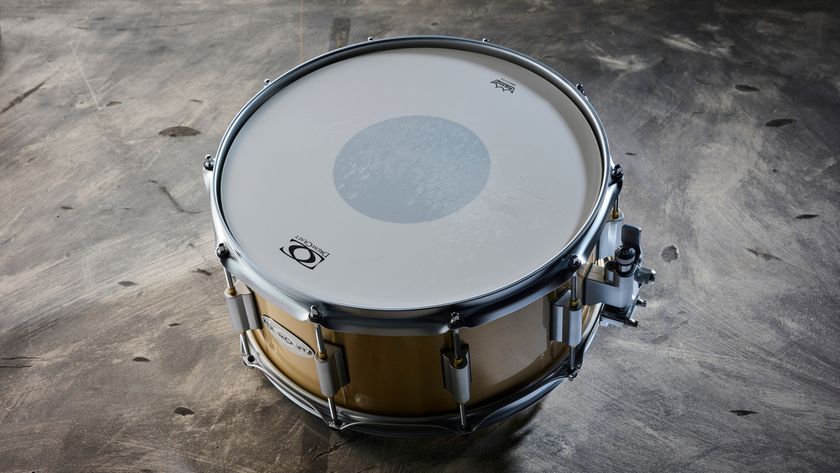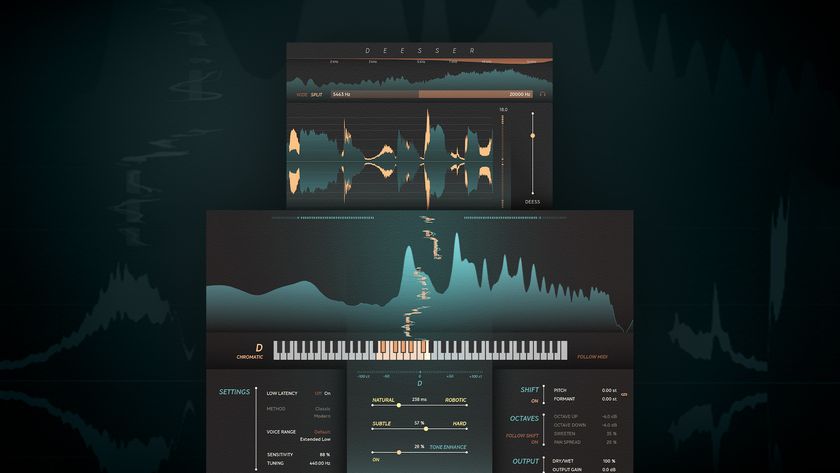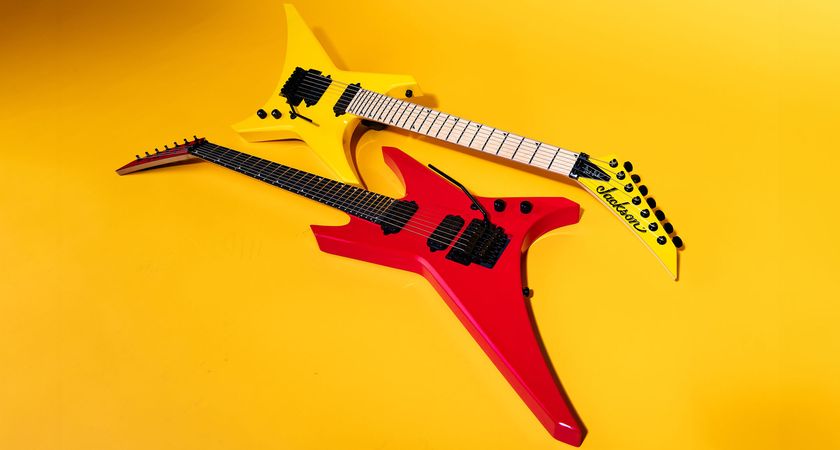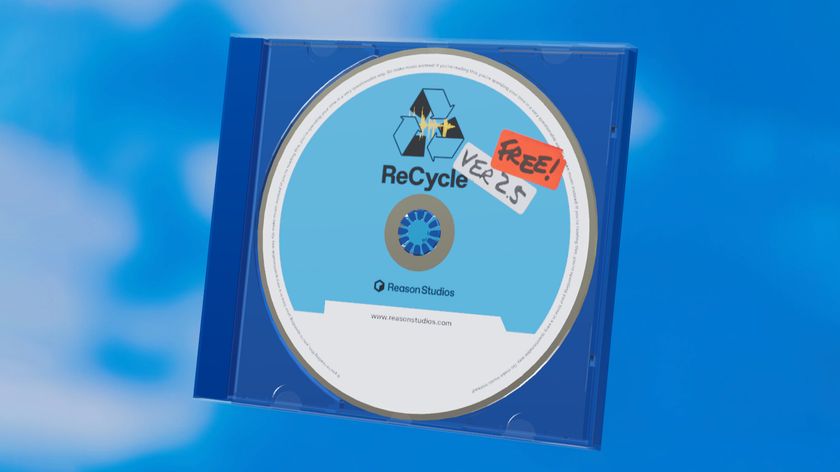Vic Firth's commitment to the environment
US drum stick manufacturer Vic Firth has been concerned about the environment before it was fashionable to do so. In 2008 the company received the Maine Wood Product Association´s Pine Tree Award based on the company´s continued growth and diversification. It signifies their commitment to expanding the labour force, exploring innovative improvements in manufacturing and being environmentally responsible.
Check out the article below to find out exactly why they deserved that award...
Vic's first environmentally driven packaging change was back in February 1992 when Vic Firth became the first company to package paired sticks in the paper matchbox sleeves now used throughout the industry today, eliminating millions of plastic bags from landfill every year. All sticks prior to this change were shipped in plastic bags. Additionally, the sleeves used today are printed using wind power at an FSC (Forest Stewardship Council) certified supplier. The ink is vegetable based and the sleeves are 100% recyclable.
There are several production processes in the company´s Newport, Maine facility that have also been altered to maximise the use of materials and reduce, if not eliminate, as much waste as possible. These processes include the following:
Water is used to cool the wood during the center-less grinding operation where the wood dowel is converted to a specific stick shape. All of the water and saw dust used in the grinding process is recycled through a de-watering filter press. The water is removed and re-used and the pressed sawdust is used at our plant as fuel. Burning wood and not oil or gas is carbon neutral. The trees suck the carbon dioxide out of the atmosphere and make wood. Vic Firth burns the wood and put carbon dioxide back into the air. As long as you don't deplete the forest it is a closed loop, unlike oil or gas where you are pulling carbon out of the ground and putting it into the air in a one-way trip.
The grinding operation uses 10,000 gallons of water per hour and we re-use it and filter out the suspended solids 10 times per day (roughly every other hour). They run 20 hours per day, so the process uses 200,000 gallons of water per day. If they were not filtering and re-using the water, but just using city water and sending the used water to the drain, they would be consuming 200,000 gallons per day. Vic Firth´s accumulation tank holds 8,000 gallons. At the end of the day, they have filtered all they can filter (there are some super fine particles that our filter press will not remove) they then dump the 8,000 gallon tank to the sanitary sewer for processing by the city. Net saving per day is 200,000 minus the 8,000 gallons they actually dump = 192,000 gallons per day.
All scrap parts and dry sawdust from the turning operation is collected and sent to the wood fired boiler for use as fuel. The boiler is used to generate steam that heats the building in winter and drives the company´s kiln drying operation which controls the moisture content in all Vic Firth drum sticks.
By owning their own tractor and trailer, Vic Firth are able to maximise all trailer loads of their finished product deliveries to their distribution facility in Boston as well as scheduling wood pick-up to maximise the load delivered to Newport, Maine.
The company purchases their wood from Forestry Stewardship Council registered suppliers whenever possible and are encouraging their entire vendor base to participate in the programme. They also use FSC certified printer for their catalogue and have created the catalogue using 10% post consumer waste recycled paper. The catalogue is available on the Vic Firth web site as well for paper-less viewing.
Utilising a grant from the State of Maine, they rewired their motor controls in the kilns and installed energy efficient motors and vents. This has saved the company considerable electrical consumption over the past three years. Additionally, they have not had to fire up their back-up oil fired boiler due to the improved efficiency of the main wood system.
Vic Firth installed a state of the art dust collection system last year to improve the capture of fugitive sawdust. This has eliminated any sawdust getting into the atmosphere and increased their supply of fuel. A second collector was installed this year allowing them to remove a 30 horsepower blower from the system saving them much electrical energy and improving their collection.
We have installed solid state energy efficient lighting in our inspection areas. This has improved our lighting in these critical areas and saved us energy consumption.
At this time and looking to the future, Vic is personally engaged in conversations with town and state officials in Maine regarding a windmill project. The company is exploring new materials and greater efficiencies. The production team continues to monitor all material and waste flows to maximise their resource use and reduce all waste as much as possible.
Get the MusicRadar Newsletter
Want all the hottest music and gear news, reviews, deals, features and more, direct to your inbox? Sign up here.
I'm MusicRadar's eCommerce Editor. In addition to testing the latest music gear, with a particular focus on electronic drums, it's my job to manage the 300+ buyer's guides on MusicRadar and help musicians find the right gear for them at the best prices. I dabble with guitar, but my main instrument is the drums, which I have been playing for 24 years. I've been a part of the music gear industry for 20 years, including 7 years as Editor of the UK's best-selling drum magazine Rhythm, and 5 years as a freelance music writer, during which time I worked with the world's biggest instrument brands including Roland, Boss, Laney and Natal.












